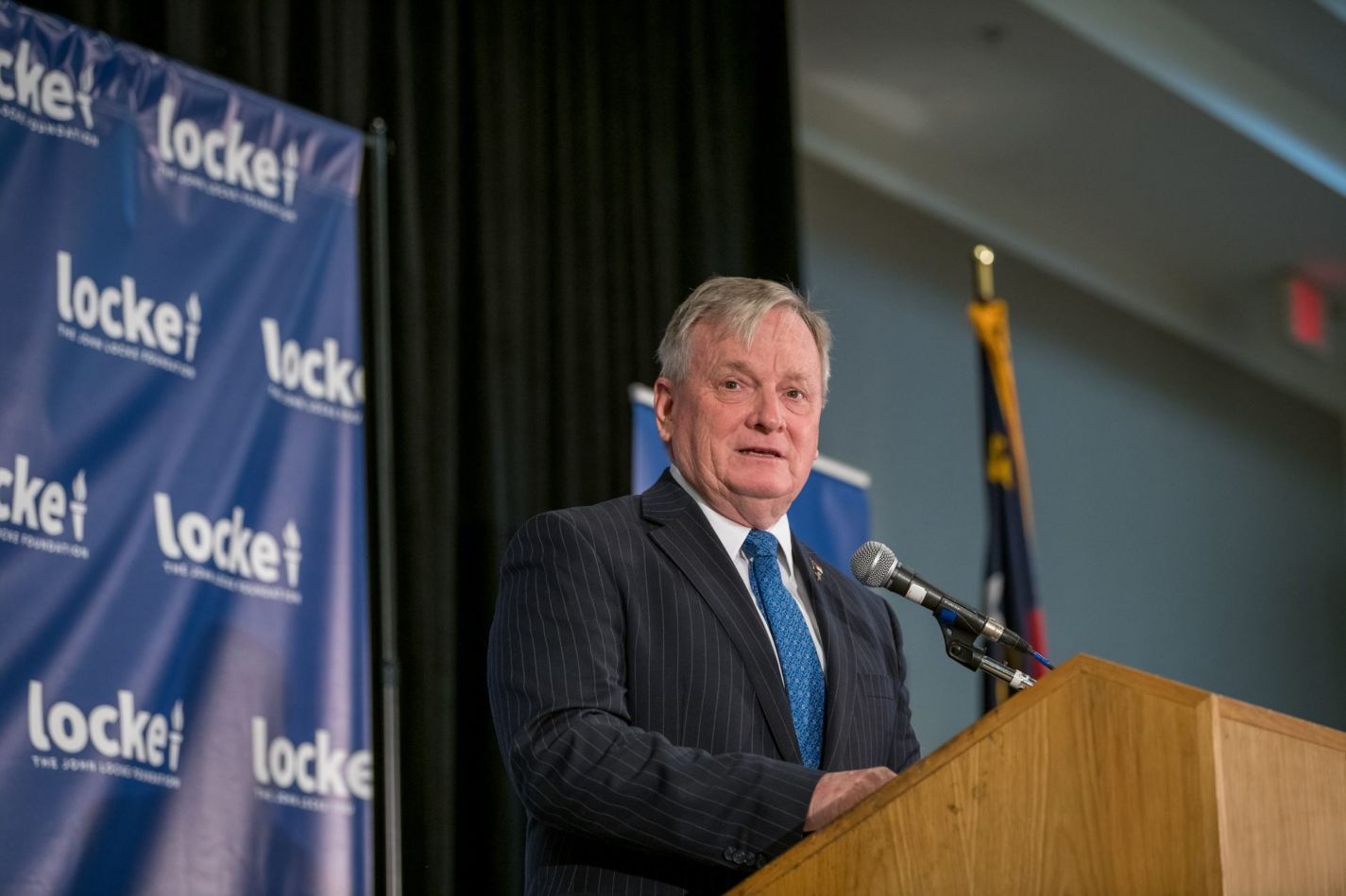- North Carolina hospitals brought 5,922 lawsuits against 7,517 patients between January 2017 and June 2022.
- Nearly 500 families owed more than $10,000 in interest alone.
A new report from Duke University School of Law researchers and the state treasurer’s office reveals the ways that medical debt collection practices by North Carolina hospitals are harming residents.
Titled, “Hospitals Suing Patients: How Hospitals Use N.C. Courts to Collect Medical Debt,” the report found that between January 2017 and June 2022, North Carolina hospitals brought 5,922 lawsuits against 7,517 patients for uncollected medical debt payments. The lawsuits generated 3,449 judgments in favor of hospitals totaling $57.3 million.
Hospitals took advantage of the state’s 8% annual interest allowance on judgments. An estimated $20.3 million of the total amounts awarded were in interest alone — or about 35% of the total amount collected. Nearly 500 families owed more than $10,000 in interest alone.
A small subset of hospitals accounted for the vast majority of lawsuits — five hospital systems filed 96.5% of the collection actions. What’s more, 91% of the hospitals were nonprofit.
Hospitals placed liens on patients’ homes and targeted not just the patients themselves but spouses and family members, according to the report. Many of the attempts to collect were on surprise medical bills.
The report relies on data from the NC Administrative Office of Courts.

“The people of North Carolina don’t consume healthcare. It consumes them,” said state Treasurer Dale Folwell, a Republican, during a press conference Aug. 16. “What this report will show you is that citizens are under siege regarding what’s happening with medical billing.”
One of the Duke researchers, business professor Barak Richman, pointed out that one in five NC families is subject to medical debt collection. That puts the Tar Heel State fourth in the nation on this metric.
“This is not just a story about a debtor and a creditor. There are a lot of residual social costs when patients are sued in court … there are associated costs that harm North Carolinians,” Richman said.
For solutions, Folwell has suggested the repeal of certificate-of-need laws. He also suggests reforms contained in a bill pending in the NC House that would limit the interest rate that large medical facilities can charge patients and limit medical debt buyers or debt collectors from “engaging in any extraordinary collection actions to obtain payment for care.”